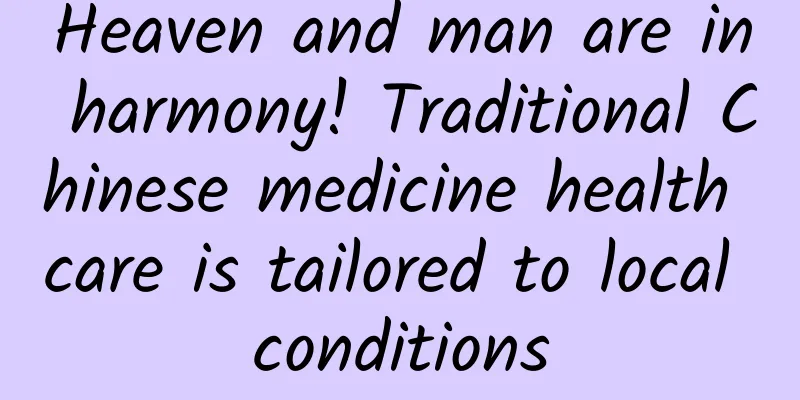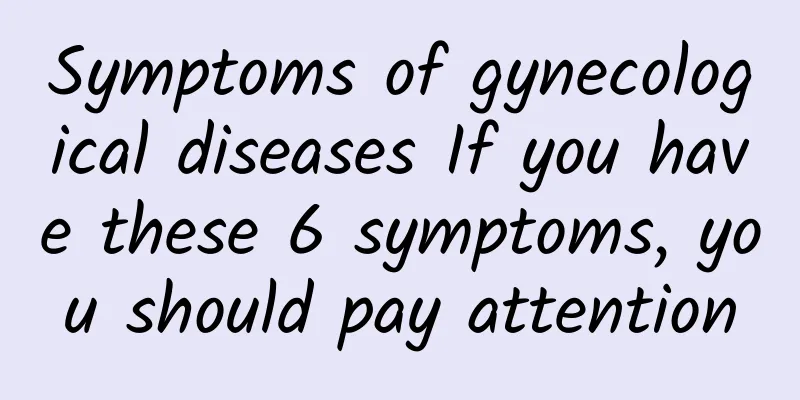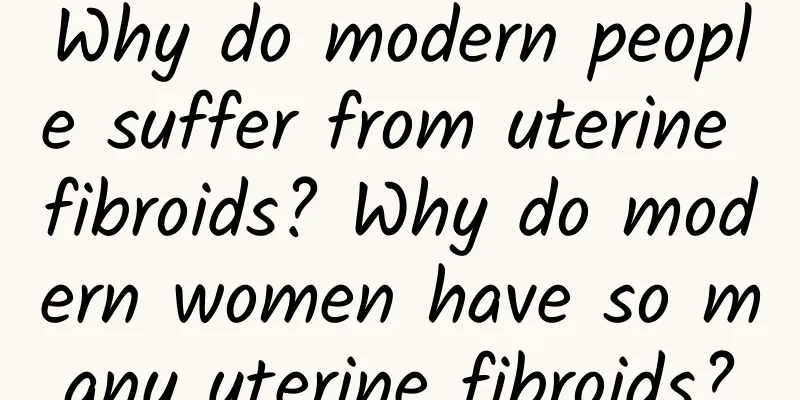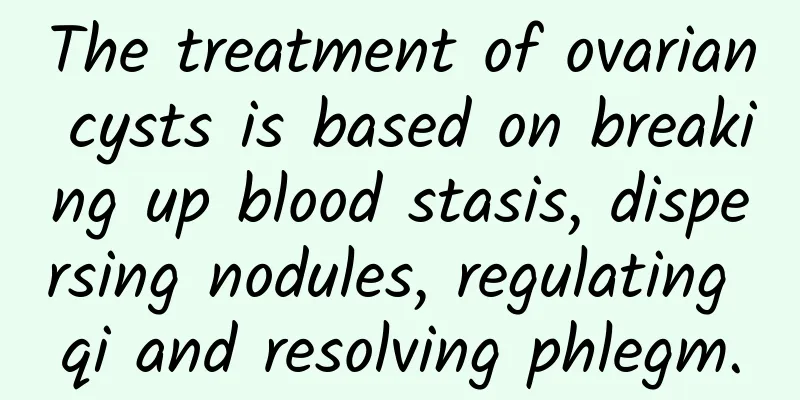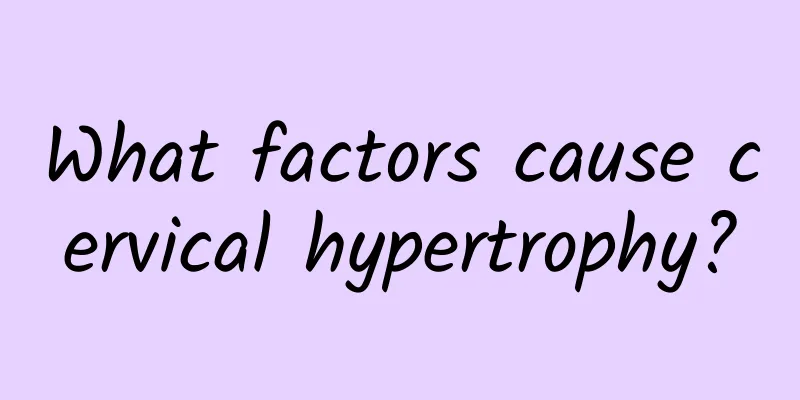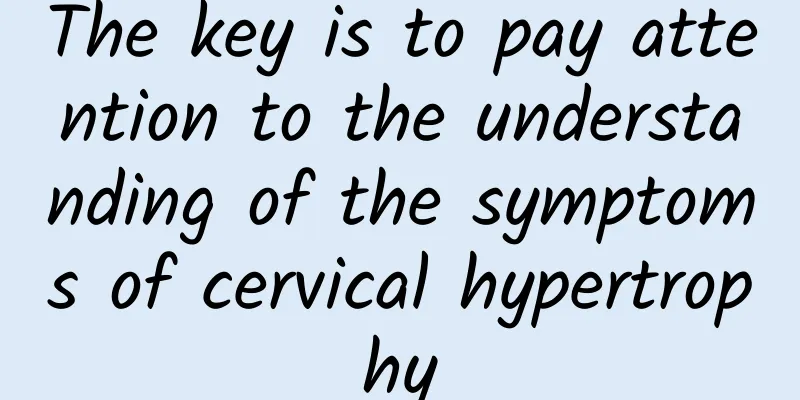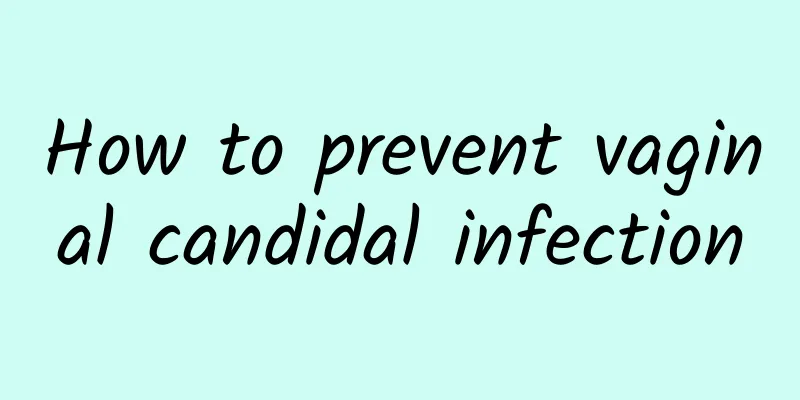What to do if you have irregular menstruation

|
What should I do if I have irregular menstruation? It depends on the specific cause of irregular menstruation. The principle of treatment is to stop bleeding and correct anemia during the bleeding period, adjust the cycle after the bleeding stops to prevent endometrial hyperplasia and recurrence of AUB, and promote ovulation for those who want to have children. For adolescent girls, the main treatment is to stop bleeding and adjust the menstrual cycle; for women in the reproductive period, the main treatment is to stop bleeding, adjust the menstrual cycle and promote ovulation; for women in the menopausal transition period, the main treatment is to stop bleeding, adjust the menstrual cycle, reduce menstrual volume, and prevent endometrial cancer. Commonly used sex hormone drugs are used to stop bleeding and adjust the menstrual cycle. Coagulation-promoting and antifibrinolytic drugs can be used to promote hemostasis during the bleeding period. Surgical treatment is required if necessary. Hemostatic hormones are the drugs of choice. The lowest effective dose should be used as much as possible. When a large amount of medicine is needed to stop bleeding as quickly as possible, the dose should be adjusted promptly and reasonably. The treatment process should be closely observed to avoid iatrogenic bleeding caused by improper use of sex hormones. Adjusting the cycle For patients with AUB-0, stopping bleeding is only the first step in treatment. Almost all patients need to adjust the cycle. Adjusting the menstrual cycle is the basis of treatment and the key to consolidating the therapeutic effect and avoiding recurrence. The method of adjusting the cycle varies according to the patient's age, hormone level, fertility requirements, etc. Ovulation induction is used for those who are in the reproductive period and have fertility needs, especially infertile patients. Adolescent patients should not use ovulation induction drugs to control the menstrual cycle. Surgical treatment is suitable for patients who are not responsive to drug treatment, are unwilling or unsuitable for hysterectomy, and have no fertility requirements but are treated with drugs. Especially for older patients who are difficult to follow up, surgical treatment should be considered. If the diagnosis of precancerous lesions or cancer is made by curettage, it should be treated according to the relevant diseases. This includes diagnostic curettage, hysteroscopy, and hysterectomy when necessary. |
<<: Can pelvic effusion lead to ectopic pregnancy?
>>: What causes ovarian cysts?
Recommend
How to relieve dysmenorrhea? What are the methods to relieve dysmenorrhea?
Dysmenorrhea refers to the pain that occurs durin...
How much does it cost to check the fallopian tubes?
There are many ways to check the fallopian tubes,...
Is microwave treatment effective for cervical erosion? Three questions about microwave treatment for cervical erosion
In life, the proportion of women suffering from c...
What are the clinical manifestations of pelvic peritonitis?
Pelvic peritonitis is a very common gynecological...
Traditional Chinese medicine remedies for treating amenorrhea
Traditional Chinese medicine remedies for treatin...
Where is the best place to treat functional uterine bleeding?
Functional uterine bleeding, also known as DUB, i...
What are the causes of uterine fibroids in life
What are the causes of uterine fibroids? I believ...
Ovarian chocolate cyst pain symptoms
Ovarian chocolate cyst pain symptoms: Ovarian cho...
Will curettage cause irregular menstruation? There are 5 treatments for irregular menstruation.
Normal menstruation is an important sign of matur...
The difference between benign and malignant ovarian cysts
What are the symptoms of ovarian cysts? What are ...
How long does it take to get pregnant after surgery for hyperprolactinemia
Many people know that suffering from hyperprolact...
What are the prevention methods of cervical erosion?
Among gynecological diseases, cervical erosion is...
How to treat iron deficiency anemia caused by menorrhagia
Under the guidance of a doctor, iron deficiency a...
What is the difference between amenorrhea and menopause? What are the dangers of amenorrhea?
Both amenorrhea and menopause refer to the absenc...
What are the early symptoms of cervical erosion?
Cervical erosion is a gynecological disease and i...
